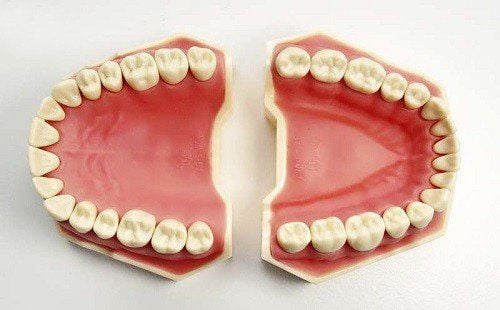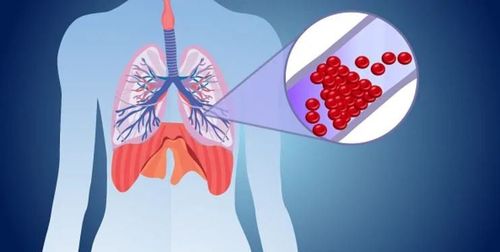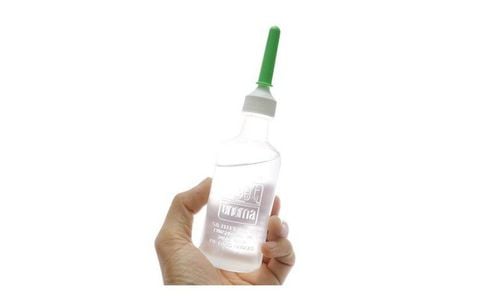This is an automatically translated article.
Carbonated water is a refreshing beverage and a good substitute for sugary soft drinks. However, some people are concerned that drinking carbonated water could be bad for your health. The article will explore the issue of carbonated water providing enough water for your body.
1. What is carbonated water?
Carbonated water is water that has been infused with carbon dioxide gas under pressure. This creates a bubbly drink also known as sparkling water, soda water, filtered water, and carbonated water.
In addition to filtered water, carbonated water often has salt added to improve their taste. Sometimes carbonated water has small amounts of minerals added.
Natural mineral waters, like Perrier and San Pellegrino, are different. These waters are caught from a mineral spring and tend to contain minerals and sulfur compounds.
Energy drinks are a form of carbonated water that contains a bitter compound called quinine, along with sugary syrup or high fructose.
2. Acidic carbonated water
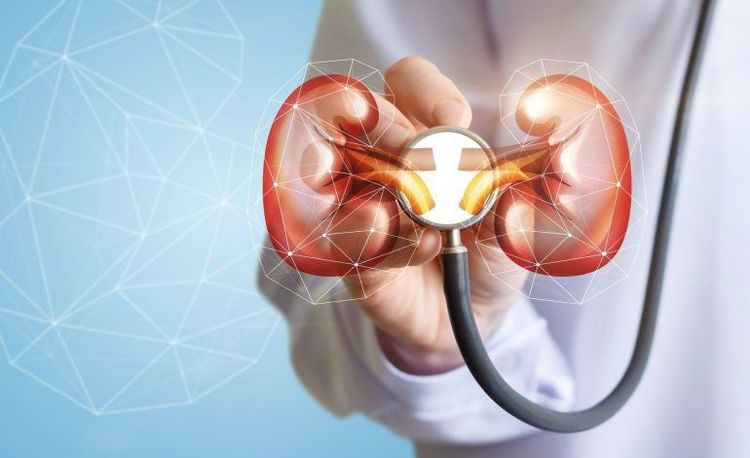
Uống nước có gas giúp thận của bạn loại bỏ lượng carbon dioxide dư thừa
Carbon dioxide and water chemically react to produce carbonic acid, a weak acid that has been shown to stimulate the same nerve receptors in your mouth as mustard. This triggers a burning, stinging sensation that can be both uncomfortable and enjoyable.
The pH of carbonated water is 3-4, which means it is slightly acidic. However, drinking an acidic beverage like carbonated water does not make your body more acidic.
Your kidneys and lungs remove excess carbon dioxide. This keeps your blood at a slightly alkaline pH of 7.35-7.45 no matter what you eat or drink.
3. Does carbonated water affect oral health?
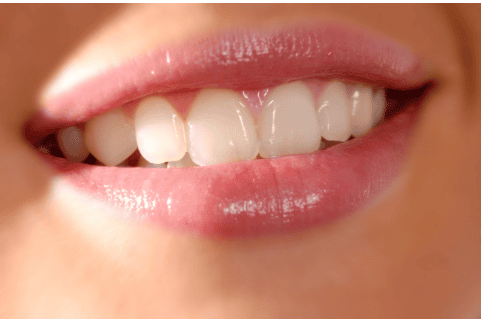
Nước có gas làm hỏng men răng
One of the biggest concerns about carbonated water is its effect on teeth, since your enamel is in direct contact with the acid.
There is very little research on this topic, but one study found that carbonated water damaged tooth enamel only slightly more than still water. Furthermore, mineral water is 100 times less harmful than sugary soft drinks.
In one study, fizzy drinks were shown to damage tooth enamel but only if they contained sugar. In fact, sweetened non-carbonated drinks (Gatorade) are more harmful than carbonated sugar-free drinks (Diet Coke).
Another study placed enamel samples in different beverages for up to 24 hours. Sugary and non-carbonated carbonated drinks resulted in significantly greater yeast loss than their dietary counterparts.
A review of several studies found that the combination of sugar and carbonate can lead to severe tooth decay. However, carbonated water appears to be less harmful to oral health.
If you are concerned about your oral health, rinse your mouth with plain water after drinking carbonated water.
4. Carbonated water can improve swallowing

Nước có gas có thể cải thiện khả năng nuốt ở người lớn tuổi
Studies show that carbonated water can improve swallowing ability in both younger and older adults.
In one study, 16 healthy people were asked to repeatedly swallow different liquids. Carbonated water showed the strongest ability to stimulate the nerves responsible for swallowing.
Another study found that a combination of cold temperatures and carbonates reinforced these beneficial effects.
5. Carbonated water can increase satiety
Carbonated water can also prolong satiety after a meal to a greater extent than plain water. May help food stay in your stomach longer, which can trigger a greater feeling of fullness.
In a controlled study in 19 healthy young women, adequacy scores were higher after participants drank 250ml of soda water, compared with after drinking still water. However, larger studies are needed to confirm these results.
6. Carbonated water can help relieve constipation
People with constipation may find that drinking carbonated water helps relieve their symptoms. In a 2-week study in 40 older adults who had a stroke, the mean frequency of bowel movements was nearly doubled in the group that drank carbonated water, compared with the group that drank tap water.
There is also evidence that carbonated water can improve other symptoms of indigestion, including upset stomach. One controlled study examined 21 people with chronic digestive problems. After 15 days, those who drank the carbonated water experienced significant improvements in digestive symptoms, constipation, and gallbladder emptying.
In a study in 72 people who felt the need to persevere to clear their throats, drinking ice-cold carbonated water led to an improvement in 63% of the participants. Those with the most frequent, severe symptoms experienced the greatest reductions in pain.
7. Does carbonated water affect bone health?

phụ nữ sau mãn kinh uống nước có gas trong 8 tuần có thể giữ canxi tốt hơn so với uống nước khoáng
Many people believe that carbonated drinks are bad for bones because of their high acid content. However, the study showed that the carbonation was not significant. A large observational study in more than 2,500 people found that cocacola was the only beverage associated with significantly lower bone mineral density. Carbonated water seems to have no effect on bone health.
Unlike carbonated water and clear soda, coca cola drinks contain a lot of phosphorus. The researchers suggest that cocacola drinkers may have consumed too much phosphorus and not enough calcium, providing a potential risk factor for bone loss.
In another study, teenage girls who consumed carbonated beverages were found to have lower bone mineral density. This is attributed to milk substitutes in their diets, resulting in inadequate calcium intake.
In a controlled study in 18 postmenopausal women, drinking 1 liter of sodium-rich carbonated water daily for 8 weeks resulted in better calcium retention than drinking regular mineral water.
8. Does carbonated water affect heart health?
Research shows that carbonated water can improve heart health, although the evidence is very limited. One study in 18 postmenopausal women found that drinking sodium-rich carbonated water reduced LDL cholesterol (bad cholesterol), markers of inflammation, and blood sugar.
What's more, they also experienced an increase in HDL cholesterol (good cholesterol). In addition, the estimated 10-year risk of developing heart disease was 35% lower in carbonated water drinkers than in regular water drinkers. However, because this was only a small study, more research is needed before any conclusions can be made.
If you have a need for consultation and examination at the Hospitals of the National Health System, please book an appointment on the website for service.
Please dial HOTLINE for more information or register for an appointment HERE. Download MyVinmec app to make appointments faster and to manage your bookings easily.




